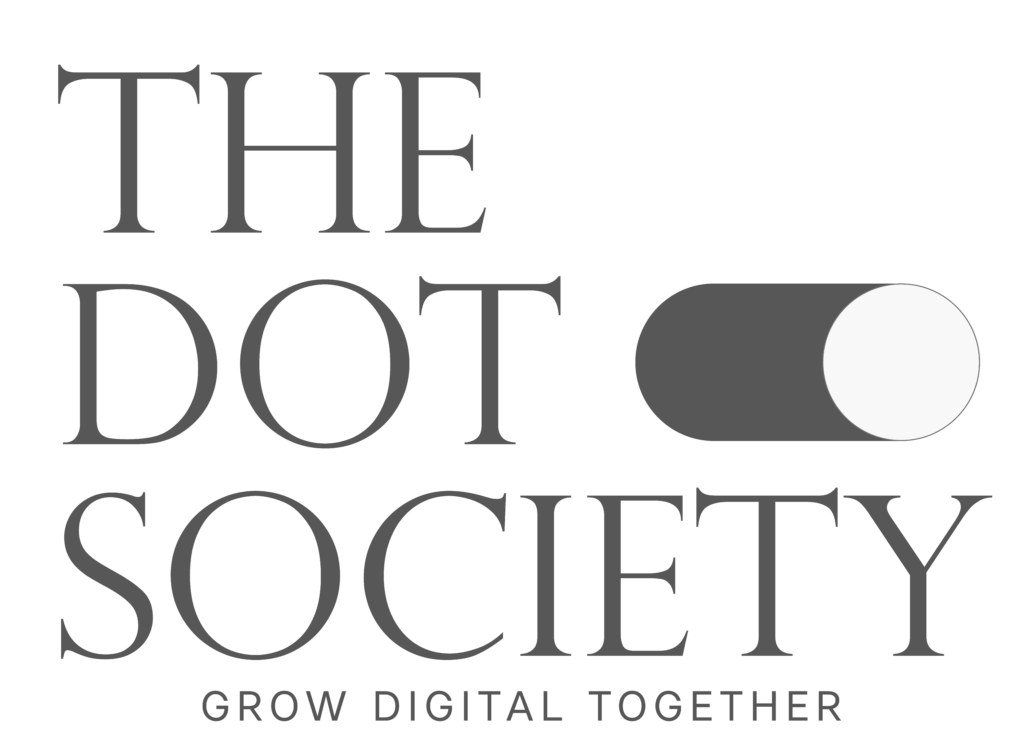For the fashion industry, an industry that is extremely trend-sensitive and subject to constant change, marketing plays a crucial role. The fast-paced environment ensures that a tailored and innovative marketing strategy is of utmost importance. In addition to sales success as the main goal of a fashion brand, marketing strategy also influences brand perception, customer segmentation and market positioning.
FASHION MARKETING
The role of a fashion marketer is to find the harmony between healthy growth, the necessary creativity and product innovation. Among other things, we strive to achieve e-commerce goals while taking into account the aesthetic aspect of the fashion industry. Digital marketing ensures that a client gains online visibility by attractively targeting the right audience. Our performance marketing ensures that we have insight into customer behaviour, traffic sources, and conversion rates in order to make informed decisions. Social media and email marketing are complementary strategies to reach the right audience through the right channels to fill the entire marketing funnel. Prospecting, retargeting and community building are the essential elements of a fashion marketing strategy. Based on efficient budget allocation, data-driven optimizations and a results-oriented mindset, we strive for continuous growth and expansion by testing new target groups in order to target existing markets more effectively and enter new ones.
BRAND IDENTITY & STRATEGY
Brand identity and how you market yourself as a brand has a major impact on how you advertise and communicate product offerings, price range, brand story and brand values. Market segmentation ensures that campaigns are delivered to customers with the right demographics and interests. Depending on market positioning, other differentiating characteristics are emphasised. Conducting competitive analysis ensures that we tailor our strategy to pursue maximum results.
In addition to communication, filling the marketing funnel is a crucial element in developing a long-lasting strategy. Building brand awareness cannot be missing and counts in a rapidly evolving market such as fashion. This is where USPs are valuable to differentiate yourself from the competition. This type of awareness campaign is measured by cost per thousand impressions. At a higher level, it is also important to drive customers to the website to discover your products. Here the main goal is to get a high click-through rate on the campaigns at a low cost per click, which will result in qualitative sessions. In addition, conversion-driven campaigns are indispensable in order to stimulate effective purchases. A cost-effective marketing strategy is of course our goal. This is measured by the return on ad spend (ROAS): how much does the invested budget yield in terms of sales. Finally, customer retention cannot be omitted in the strategy because it is more cost-effective to retain existing customers than to acquire new ones. Satisfied customers contribute to higher repeat purchases, word-of-mouth advertising and more stable sales, strengthening overall profitability and brand value.
So it’s fundamental to adopt a full funnel marketing strategy and not just focus on purchases, but to continue to see the bigger picture and think long-term about building your brand.
CONTENT & MESSAGING
In fashion marketing, the type of content matters to reinforce brand perception and increase brand awareness. In addition to dynamic images, which are essential for a visually appealing presentation, content creators contribute to brand credibility. If they resonate with the target audience, you can appear more authentic as a brand and work on storytelling. Pop-up stores are also a powerful tool for market expansion and increasing brand awareness. They offer the opportunity for targeted “drive to store” campaigns, encouraging customers to visit the physical store, which creates a strengthened brand identity. Responding to trends is also essential; by responding seasonally to the latest fashion developments, a brand ensures that it is associated with a trend-oriented, yet sustainable assortment. This not only strengthens the perception of the brand, but also creates a sense of urgency and exclusivity among consumers.
Unique brand values are gaining importance during the last few years. We are moving into an era where storytelling and unique core values are indispensable. Customers increasingly value being able to identify with a brand and also increasingly support a brand through the faces it represents. An additional aspect is sustainability; customers are looking for quality over quantity. You can distinguish yourself as a brand in a sustainable way by using recycled materials, supply chain efficiency and circularity.
FUTURE OF FASHION
With the evolution into an era where technology will play a greater role, this will also greatly influence fashion marketing. For example, personalization and AI-driven processes will become indispensable elements. Personalization will be rolled out in the form of chatbots, virtual try-ons and a seamless customer experience as website optimizations. Thus, the importance of interactive experiences will only grow. In terms of marketing communications, visually driven content, storytelling (authenticity) is growing and, as already mentioned, sustainability is becoming imperative. All this will be underpinned by campaigns encouraging in-app purchases on Instagram and TikTok. In addition, blockchain will provide greater supply chain transparency. In the future, artificial intelligence will ensure that fashion companies have a personalised customer experience at their core, making marketing strategies more efficient and effective. This will result in stronger customer loyalty, higher conversion rates and a competitive advantage in the marketplace. These innovative elements, along with an omnichannel marketing strategy, guarantee the successful expansion of fashion brands using performance marketing.
CONCLUSION
Fashion marketing is essential for building a strong brand, creating customer loyalty and increasing brand awareness in a constantly changing market. An effective marketing strategy requires a balance of creative content, technological innovations and data-driven insights to stay relevant and grow. By working with a performance marketing agency, fashion brands can refine their online marketing strategy, leading to more targeted customer engagement, increased conversions and a stronger competitive advantage. Interested and would like additional information about our customised services? Feel free to take a look at our website or contact us at info@thedotsociety.be.
This post is also available in: Dutch




